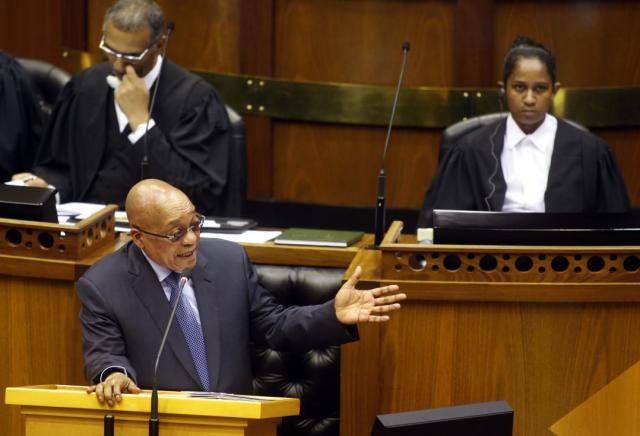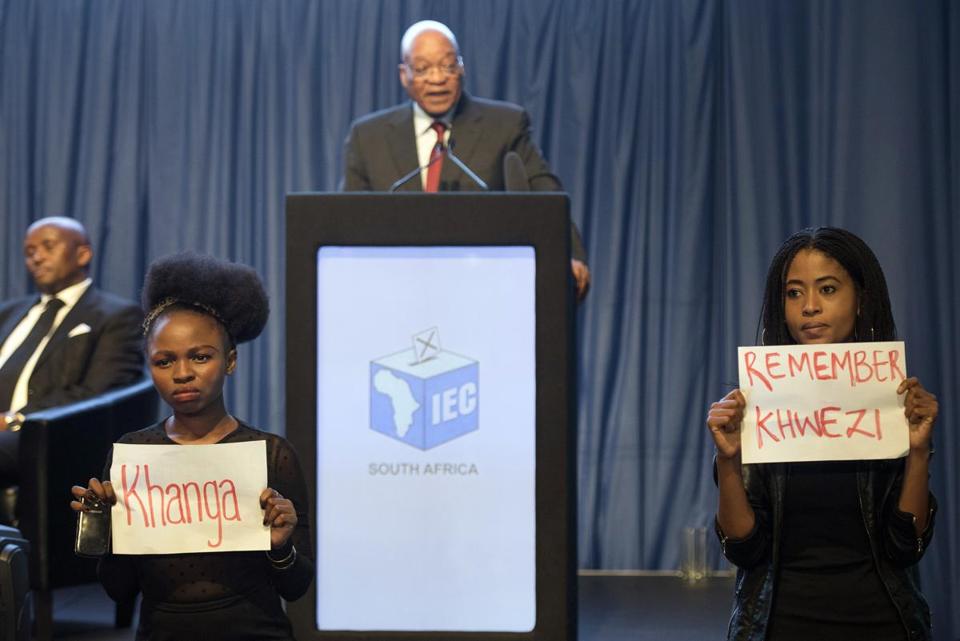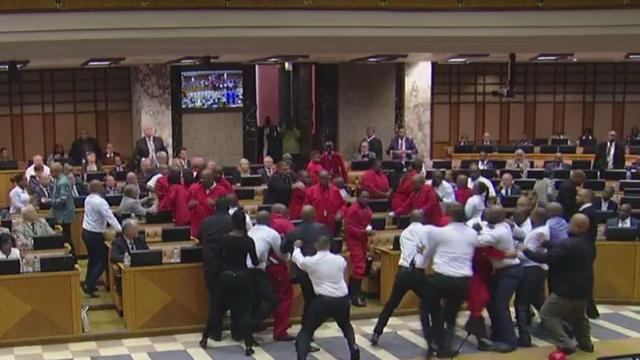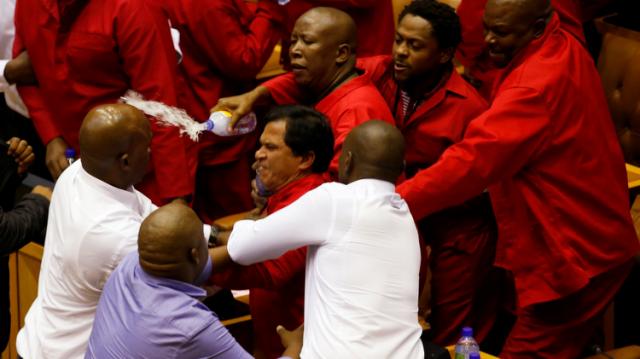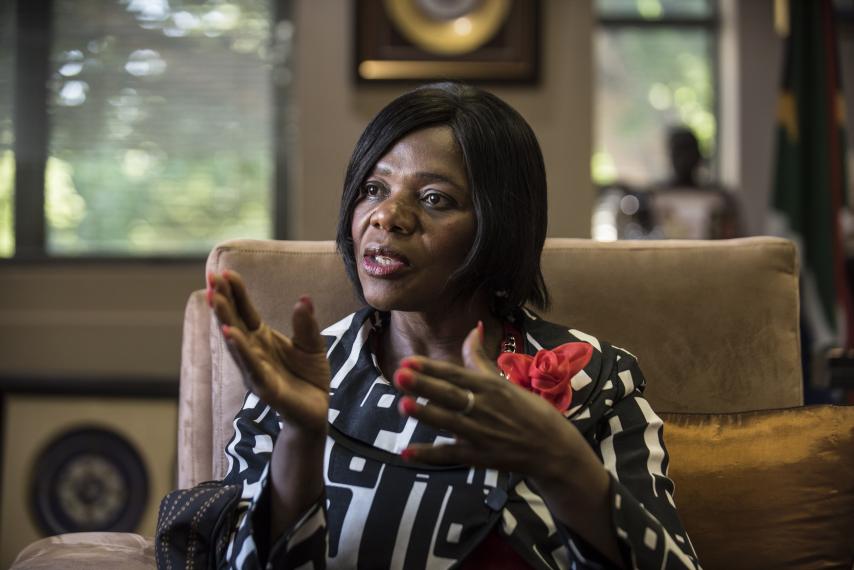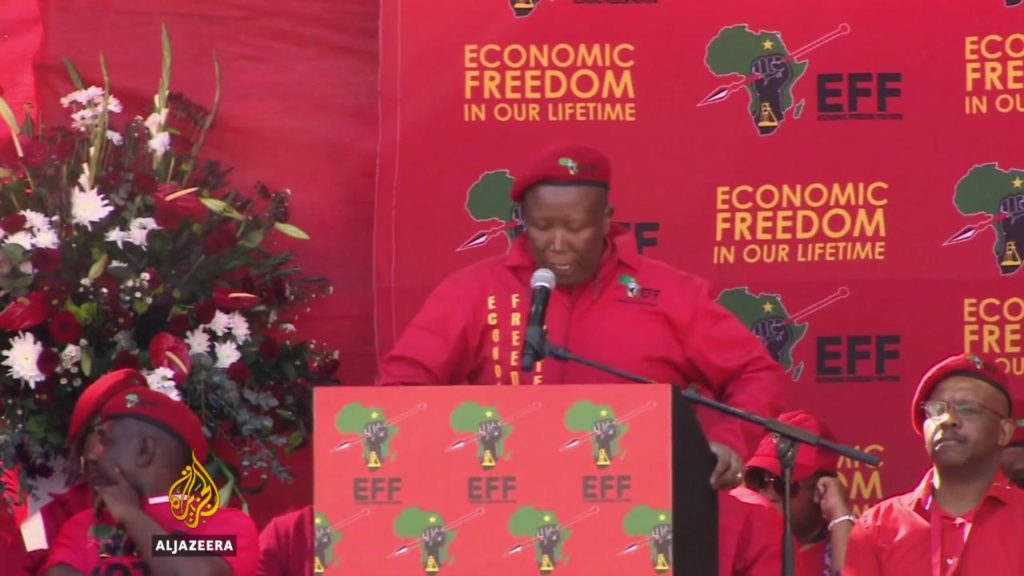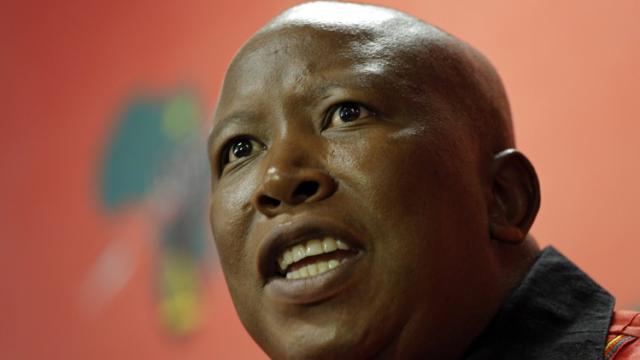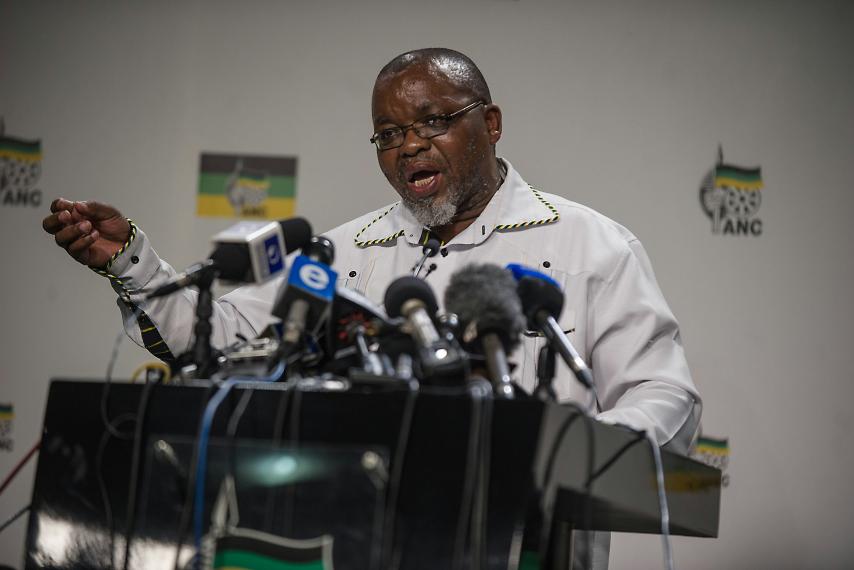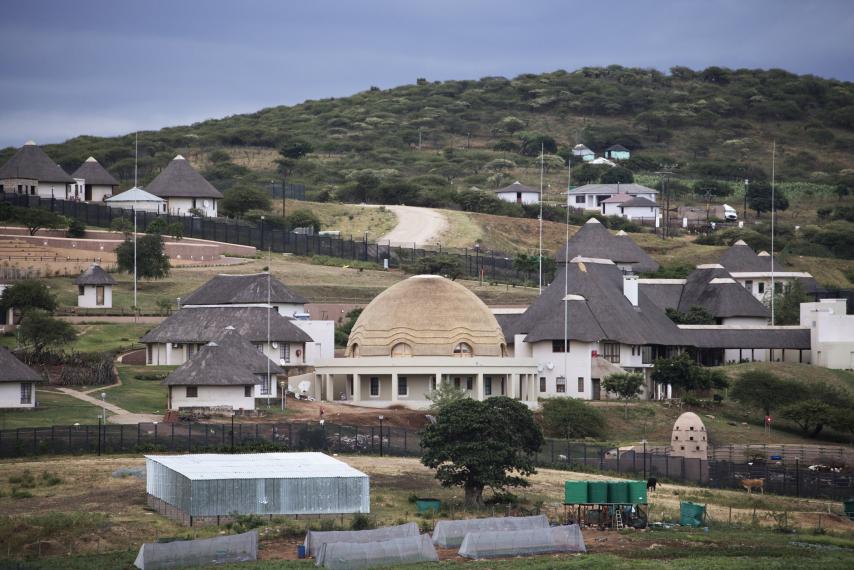
By Amogelang Mbatha and Paul Vecchiatto | Bloomberg
South African court ruled that the decision by prosecutors to drop a corruption case against President Jacob Zuma seven years ago was irrational and should be set aside, opening the way for the 783 charges against him to be reinstated.
Then acting National Director of Public Prosecutions Mokotedi Mpshe was under pressure and made an “irrational decision” to dismiss the charges in April 2009, ignoring the importance of his oath of office to act independently and without fear or favor, Judge Aubrey Ledwaba said at the North Gauteng High Court in Pretoria on Friday, citing the ruling by a full bench of judges. Zuma should face the charges in the indictment, he said.
“It’s not the sort of decision that’s going to be easy to overturn on appeal, because it seems to me, it is so well-reasoned,” James Grant, an attorney at the South African High Court, said by phone from Johannesburg. “It’s a very powerful judgment because its a unanimous decision by three judges saying that abuse of process is not something that the prosecution service may rely on.”
The ruling intensifies pressure on the governing African National Congress, which is fighting off increased calls from opposition parities, churches and civil-rights organizations to dismiss Zuma as the country prepares for local government elections on Aug. 3. The 74-year-old leader has been dogged by scandals even before he took office and now has to face an economy growing at the slowest pace since the 2009 recession and the risk of credit downgrade to junk.
“The ANC’s woes continue in the run up to the local government elections and they will have an even harder time managing their image after having decided not to recall him,” University of the Western Cape Head of Political Studies Cherrel Africa said by phone from Cape Town.
Last month, South Africa’s top court found that Zuma, had “failed to uphold, defend and respect the constitution” over his handling of a graft ombudsman report into security upgrades at his private rural residence, which found his family had unduly benefited from the improvements. That ruling followed in the wake of allegations that his friends, the Gupta family, offered senior Cabinet positions to members of the ANC. The Guptas have denied any wrongdoing and Zuma has referred questions to them, saying only he has the authority to appoint ministers.
Prosecutors had spent eight years investigating allegations that Zuma took 4.07 million rand ($287,000) in bribes from arms dealers, and had brought charges of fraud, corruption and racketeering against him. Mpshe decided to drop the case on grounds that taped phone calls indicated the chief prosecutor was using the case against Zuma to frustrate his efforts to win control of the ANC from Thabo Mbeki. Zuma, who was elected ANC president in 2007, became president of South Africa in May 2009 and won a second and final term in 2014.
The Democratic Alliance, the country’s largest opposition party, has been fighting ever since to have the charges reinstated.
“This finding by the court is an overwhelming victory for the rule of law,” DA leader Mmusi Maimane said in an e-mailed statement. “The National Prosecuting Authority must now immediately continue with the 783 charges of corruption so that President Zuma can finally have his day in court.”
The National Prosecuting Authority will study the judgment before deciding what action to take, spokesman Luvuyo Mfaku said by phone. Zuma has noted the decision and “will give consideration to the judgment and its consequences and the remedies available in terms of our law,” the presidency said in an e-mailed statement.
“The court did not deal with the merits of any allegations against President Zuma nor did it make any finding declaring guilt on any matter,” the ANC said. “Today’s judgment was solely a judicial review of an administrative action taken by the NPA as allowed for in our law. This matter has dragged on for close to a decade and the ANC is pleased therefore that it now appears closer to resolution.”
Criticism of Zuma’s government has intensified since December, when his decision to replace his respected finance minister, Nhlanhla Nene, with a little-known lawmaker sparked a selloff of the rand and the nation’s bonds. A special South African police unit, known as the Hawks, is investigating corruption allegations against the Gupta family, who are in business with Zuma’s son, and probing whether the Guptas have any influence on government business.
“President Zuma has jokingly said that he looks forward to his day in court to answer those charges. Well now that day is getting closer,” Bantu Holomisa, leader of minor opposition party, the United Democratic Movement, said by phone from Mthatha. “The ANC will have to seriously consider what it will mean to the country or to their party to have a sitting president in court answering charges and thereby taking his attention away from running the country.”
